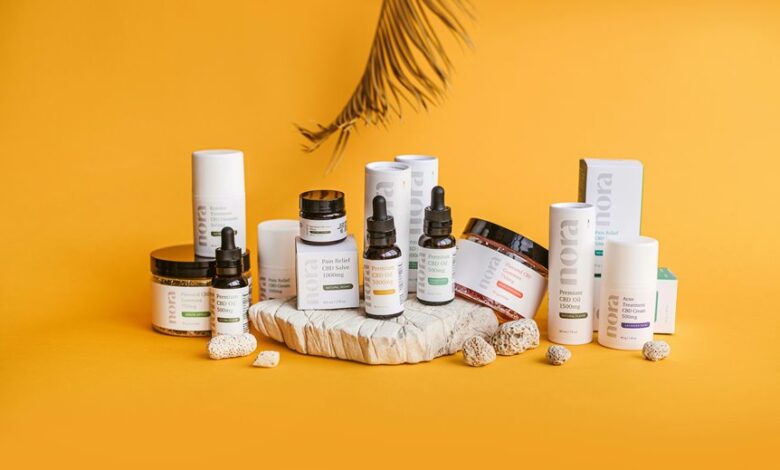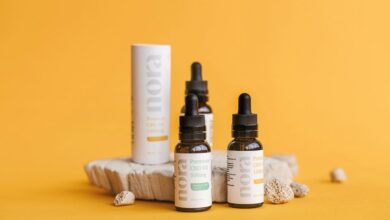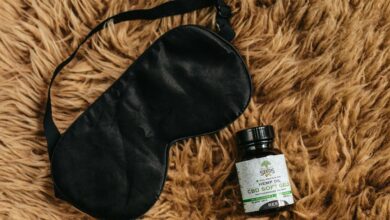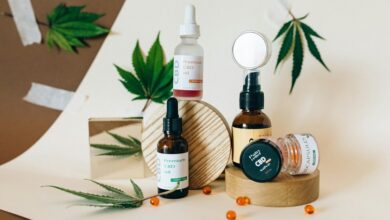What Is Cbd Drops

CBD drops are concentrated extracts from the cannabis plant, specifically rich in cannabidiol, a non-psychoactive compound. These drops have gained popularity due to their potential therapeutic benefits, particularly for conditions like anxiety and chronic pain. Understanding how these drops are made and their effects can provide valuable insights. However, users should also consider the possible side effects and other factors before incorporating them into their wellness routines.
Understanding CBD and Its Properties
As researchers continue to explore the diverse applications of cannabidiol (CBD), it becomes increasingly clear that this non-psychoactive compound derived from the cannabis plant possesses a range of potential therapeutic properties.
CBD benefits may include relief from anxiety, chronic pain, and inflammation.
Moreover, the evolving cbd legality landscape is contributing to increased accessibility, empowering individuals to explore these promising health alternatives with confidence.
How CBD Drops Are Made
The production of CBD drops involves several key steps that ensure the extraction and formulation of this popular supplement.
Various extraction methods, such as CO2 and ethanol extraction, are employed to isolate cannabinoids from the hemp plant.
Following extraction, manufacturing processes blend these cannabinoids with carrier oils, ensuring accurate dosing and potency, resulting in a product that meets consumer demands for quality and efficacy.
Benefits of Using CBD Drops
While many individuals seek natural remedies for various health concerns, CBD drops have gained significant attention for their potential benefits.
Research suggests that these drops may offer effective pain relief, helping to alleviate chronic discomfort without the side effects associated with traditional medications.
Additionally, CBD drops are noted for their ability to support anxiety reduction, promoting a sense of calm and overall well-being.
Potential Side Effects and Considerations
Despite the promising benefits associated with CBD drops, it is important to acknowledge the potential side effects and considerations that users may encounter.
Users should adhere to dosage recommendations to minimize risks. Some individuals may experience allergic reactions, including skin irritation or gastrointestinal distress.
Consulting a healthcare professional is advisable to ensure safe usage and to address any individual health concerns effectively.
Conclusion
In the ever-evolving realm of natural health, CBD drops stand as a beacon of hope, promising relief that rivals the most potent pharmaceuticals—without the side effects that come with them. As more individuals embrace these liquid wonders, the potential benefits seem boundless, from alleviating anxiety to soothing chronic pain. However, caution is warranted; understanding both their remarkable advantages and possible drawbacks ensures users navigate this transformative landscape effectively. CBD drops could very well be the key to unlocking a healthier future.






